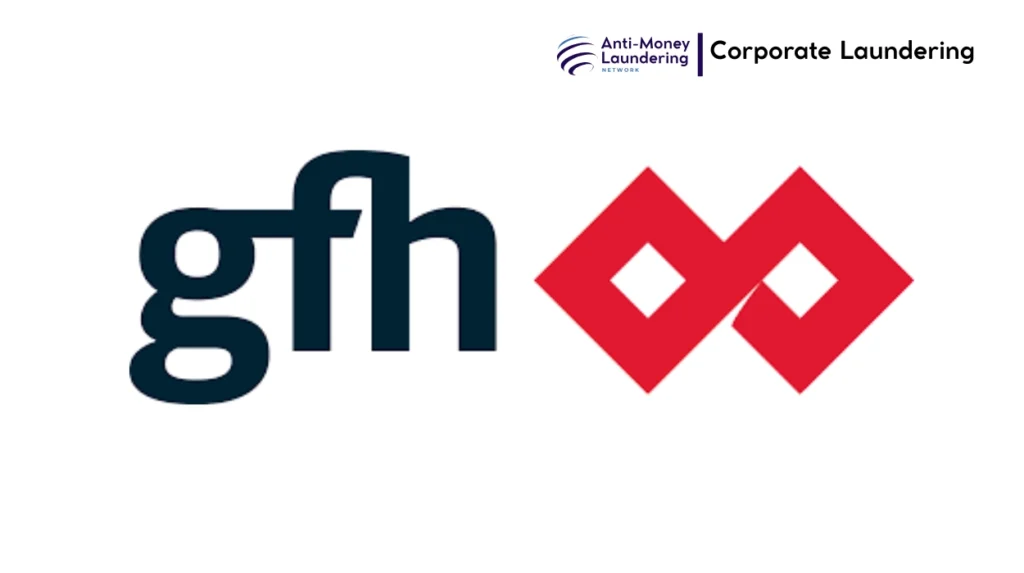GFH Financial Group, a Bahrain-based Islamic investment bank, operates within a high-risk jurisdiction and exhibits multiple red flags typical of corporate laundering environments. While no formal money laundering charges have been filed, GFH’s opaque corporate structure, close ties to politically exposed persons (PEPs), and intra-group transactions with undisclosed affiliates suggest potential abuse of layering and shell-like mechanisms. The firm’s lack of ownership transparency, history of governance disputes, and entanglement in civil litigation—coupled with Bahrain’s lax enforcement record—position GFH as a high-risk entity in the context of financial crime vulnerability.
Despite a lack of documented, publicly confirmed money‑laundering convictions, GFH Financial Group exhibits many red flags aligned with corporate laundering risk: opaque corporate structure across offshore and related affiliates; high‑level PEP involvement; weak board independence; litigation and internal control gaps; and absence of transparency in major real‑estate and infrastructure deals. Bahrain’s regulatory regime, while formally compliant with FATF, appears to systematically tolerate governance weaknesses and inadequate enforcement. GFH’s case is emblematic of broader systemic vulnerability in Bahrain’s corporate sector—where political elites operate through affiliated investment vehicles that evade scrutiny. This profile underscores why GFH should be treated as high‑risk in any money‑laundering monitoring or due‑diligence process.

